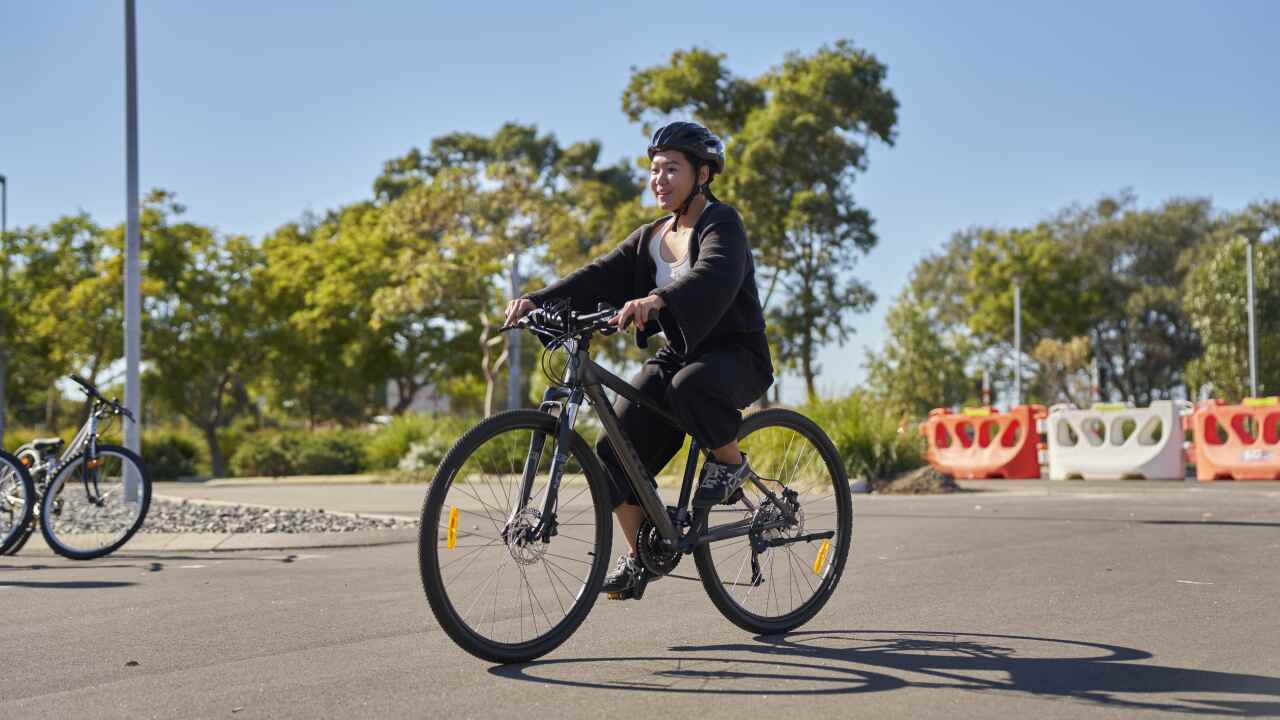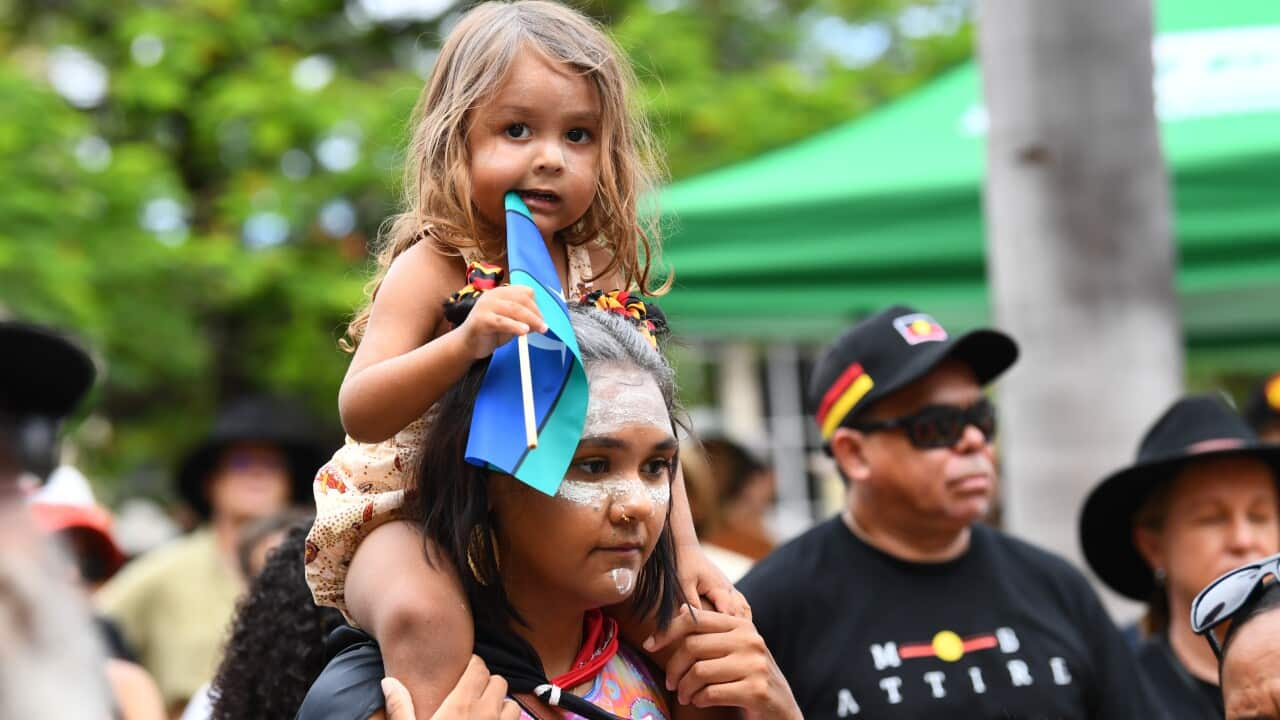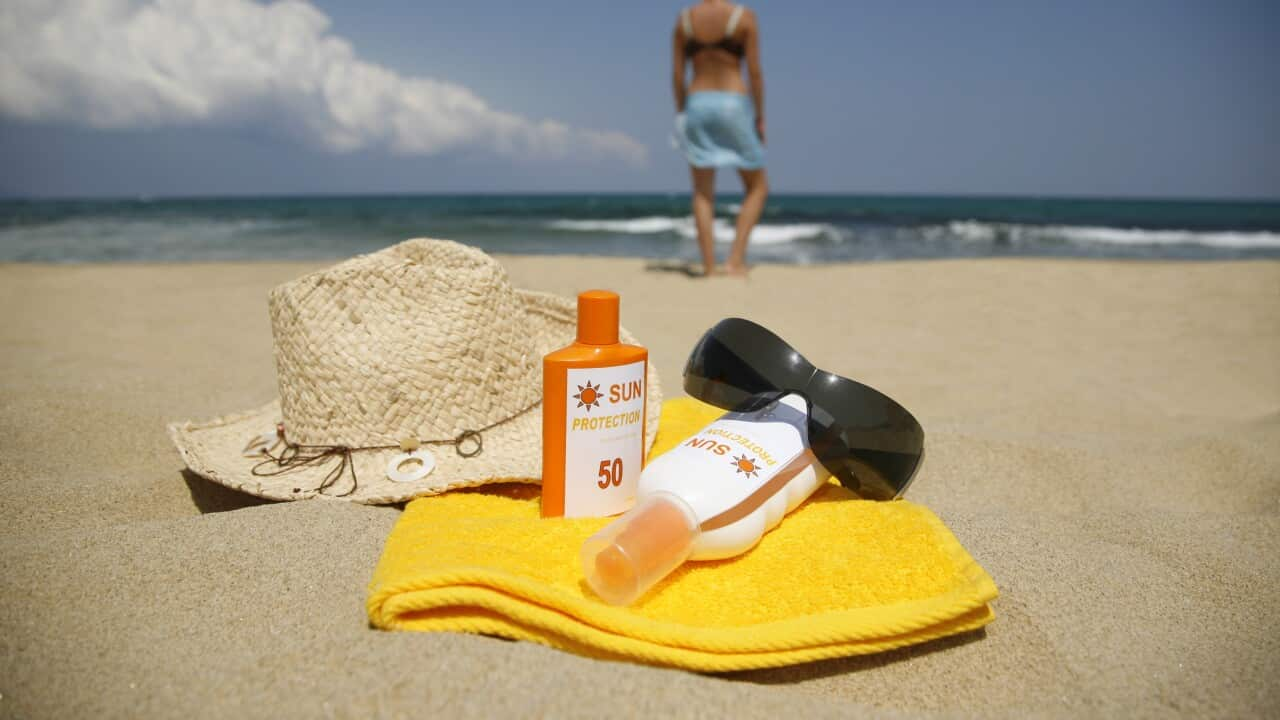Key Points
- To avoid lost super, it is important to have your contact details up to date with your funds and the ATO.
- Early super access is only allowed in exceptional circumstances for citizens and permanent residents.
- Family disputes over distribution of superannuation savings after a death are dealt with by an independent statutory body.
Superannuation, or 'super', is money put aside by your employer over your working life for you to live on when you retire from work.
It is compulsory for your employer to pay a percentage of your earnings into your super account, and your super fund invests the money until you retire.
In Australia, there are measures to ensure that individuals don’t irreversibly lose their superannuation savings, even if an account has been inactive.
If your contact details have changed and the provider is unable to reach you, they are required to transfer the unclaimed super fund to the Australian Taxation Office (ATO).
Reuniting with your super
Once the ATO holds unclaimed super, it then takes steps to reunite the rightful owner with that money.
But if you think you have lost super, it is best to search for it through ATO’s online services.

There is no deadline for recovering unclaimed super, but the longer it sits held by the ATO, the longer you are missing out on investment returns. Credit: rudi_suardi/Getty Images
“Something people can do is to contact any previous funds they think they've held accounts with and make sure that all their contact details and bank account details in ATO online services are up to date,” say Emma Rosenzweig, ATO’s Deputy Commissioner.
Xavier O’Halloran is the Director of Super Consumers Australia, an independent superannuation consumer advocacy organisation.
He says having multiple superannuation accounts is not uncommon.

When joining a new employer, they can set up your super account automatically with a fund if you don’t nominate yours. Credit: JohnnyGreig/Getty Images
The estimates are that it'll reduce your retirement savings by about $50,000 if you have multiple accounts.Xavier O’Halloran, Director of Super Consumers Australia
A key reason for that reduction estimate, Mr O’Halloran says, is that you are likely paying for more than one insurance cover.
“There are also fixed fees in these accounts. And you basically, again, are paying double if you keep more than one account open.”

“It really does pay to keep on top of where your super is and consolidate where it's appropriate,” says Mr O’Halloran. Credit: djgunner/Getty Images
You can start your application for the Departing Australia superannuation payment (DASP) while you are in Australia. But you can only complete it once you’ve left the country and your visa has expired or been cancelled.
“If you don't do that within six months of either leaving Australia or your visa expiring, then the ATO lets your fund know and that money transfers to the ATO as unclaimed super,” Ms Rosenzweig explains.
“So, it's still owned by you, you still can claim it from us, but the ATO holds it rather than your fund.”

Temporary visa residents can apply to have their super paid to them as a departing Australia superannuation payment (DASP) after leaving the country. Source: Moment RF / Robert Lang Photography/Getty Images
“So, you have to have reached your preservation age, and you have to meet a condition of release.
“Even if you'd left Australia, you can't access your super early except in really limited circumstances, like severe financial hardship or needing to access your funds for critical medical treatment that's not covered by Medicare.”
Managing your super as an expat
Mr O’Halloran suggests some tips for best managing your superannuation while overseas:
- Keeping your contact details up to date to avoid having lost super.
- Check your fund’s performance through ATO’s , which allows you to compare products on the market by the fees and performance that they deliver.
- Check whether the insurance you’ve got by default in your fund will protect you while you're working overseas.

If you are an Australian citizen or permanent resident, moving overseas does not change the rules around how your superannuation is treated. Source: Moment RF / Mongkol Chuewong/Getty Images
“The average fee on the market, if you've got about a $50,000 balance would be about 1% per annum that you'd be paying out each year in fees. There are definitely offers on the market that are a lot less than that.
“It's worth shopping around to make sure that you're in a really low fee account and your savings aren't eroded while you're overseas,” Mr O’ Halloran says.
“And of course, you can look to continue to contribute to make sure that your retirement savings continue to grow, even if you've moved to another country.”
Super death benefits
While superannuation is designed to support you throughout your retirement, it is best practice to have nominated your super beneficiaries in the event of death.
Complaints relating to the distribution of super death benefits are dealt with by the designated statutory body, the (AFCA).
Heather Gray, Lead Ombudsman for Superannuation at AFCA says a common misconception is thinking super is by default part of your estate.
For a lot of people, superannuation is their most significant asset, perhaps after the family home. And people might consider their estate more generally, and maybe make a will, but they won't necessarily get advice and make arrangements for their superannuation.Heather Gray, Lead Ombudsman for Superannuation, AFCA
When trustees are communicating what they’re proposing to do with a super death benefit, they are obliged to inform concerned parties they can contact AFCA within 28 days to appeal the decision if they believe it’s unfair.

If you don't make a written death benefit nomination, the trustee of your super fund will decide who receives your death benefit. Credit: Kemal Yildirim/Getty Images
It is not uncommon for arguments to arise over super death benefit distribution, Ms Gray says, as people have complex family situations.
“Perhaps they have children for more than one relationship. Maybe they've got a legal spouse, but they're separated from that spouse, and they've also now got a de facto spouse, maybe if they've got young children from that new relationship.”
Most funds will allow you to a binding nomination of beneficiaries who are your dependants for superannuation law purposes and the trustee has to abide by that nomination.
“That's a legal document, which sets out who you want to receive your superannuation if you die.
“If you are able to spend some time considering how your superannuation should be distributed, and put that document in place with the fund, that can mean that a lot of arguments are resolved.”












